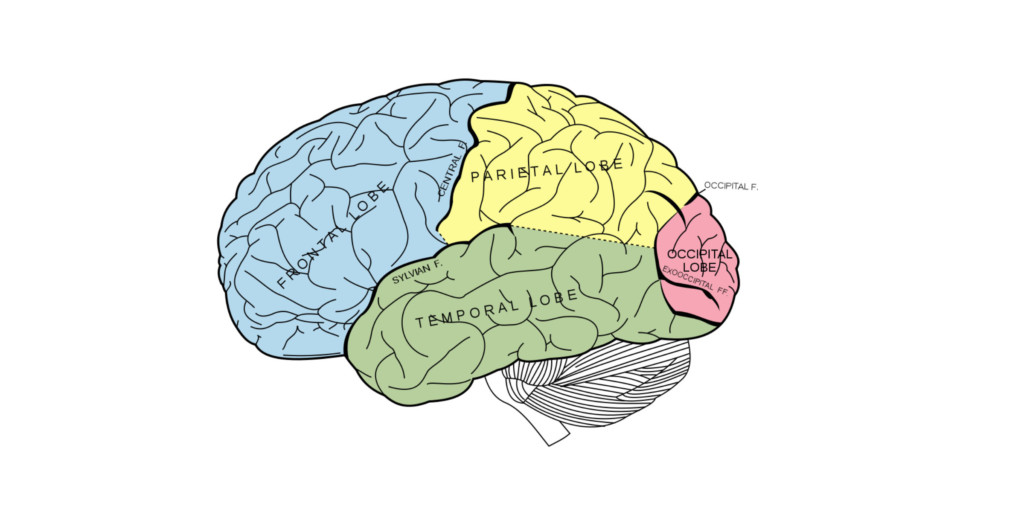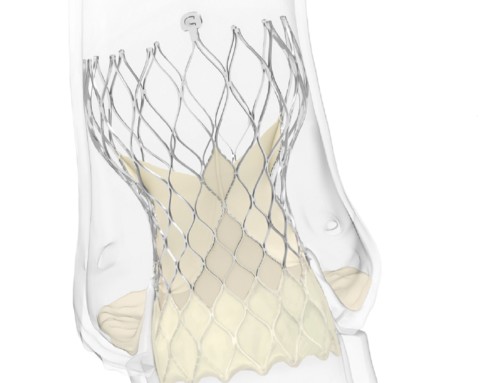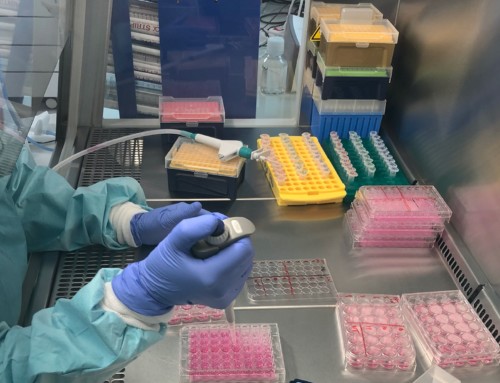
A US FDA-approved, closed-loop neuromodulation system (RNS, NeuroPace) for medically refractory focal onset epilepsy is to be evaluated for managing loss-of-control eating in patients with body mass index (BMI) of 45-60 kg/m2 for whom medication and gastric bypass surgery have not been effective treatments and for whom loss-of-control eating is a contributing factor.
A recent research study published in the Proceedings of the National Academy of Sciences demonstrated that applying stimulation to the nucleus accumbens when a specific pattern of brain activity was detected could suppress binge-eating behaviour in mice. The study also observed similar changes in activity in the homologous brain region in people when they were anticipating a reward, opening up the possibility of using a closed-loop therapeutic approach in humans.
There is evidence to suggest that long-term alterations in brain function, particularly in the reward and impulse control circuitry, occur with eating disorders, including loss-of-control eating. Additionally, there is growing evidence to suggest that there are discrete changes in brain activity, or biomarkers, which immediately precede loss-of-control eating events.
The five-year study will be conducted at Stanford University School of Medicine. The study will use NeuroPace’s first-of-its-kind closed-loop neurostimulation system to interrupt brain activity patterns in the nucleus accumbens. The study is supported by a grant from the National Institutes of Health’s (NIH) Brain Research through Advancing Innovative Neurotechnologies (BRAIN) Initiative, a public-private research initiative supporting research to revolutionize the understanding of the human brain.
Tara Skarpaas, principal scientist at NeuroPace and one of the study’s researchers, comments: “Obesity is a disease with many contributing factors. Unfortunately, obesity is often associated with multiple comorbidities that can lead to reduced quality of life and even premature death. For some patients, loss-of-control while eating can be a significant contributor to their condition. This study will evaluate whether neurostimulation can automatically respond to the signals that occur immediately before a loss-of-control eating episode to help patients regain control, a potentially ground-breaking intervention for the most severely affected patients. The RNS system’s ability to continuously monitor brain activity and respond with therapy when these biomarkers are detected makes the system an ideal fit for this research.”
NeuroPace chief medical officer Martha Morrell says: “We have long known that the neural recording and personalised interventional capability of the RNS system provides an unprecedented window to the brain, resulting in an effective treatment that works by identifying the precursors of seizures and treating them immediately and automatically. We are pleased to support this new research, which will be among the first to explore additional applications of the RNS System beyond epilepsy. This may help lead to the treatment of other conditions where there may be signals or biomarkers that can be identified and used to time therapy delivery, and where there is also a real clinical need.”
Most commercially available neuromodulation devices deliver stimulation continuously or on a fixed schedule, independent of the underlying brain activity. However, a press release reports that—in contrast—the RNS system is a first-of-its-kind technology that treats focal onset seizures by continuously monitoring brainwaves, recognising each patient’s unique “seizure fingerprint,” and automatically responding with imperceptible electrical pulses to stop seizures before they occur.
As part of the study, the RNS System will provide the first long-term ambulatory recordings of human brain activity from this key area of the reward circuit, the nucleus accumbens. Data captured by the system will be analysed using artificial intelligence and machine learning to provide initial insights into the function of the human reward circuit as well as to initiate development of algorithms that can individualise treatment in the future.





